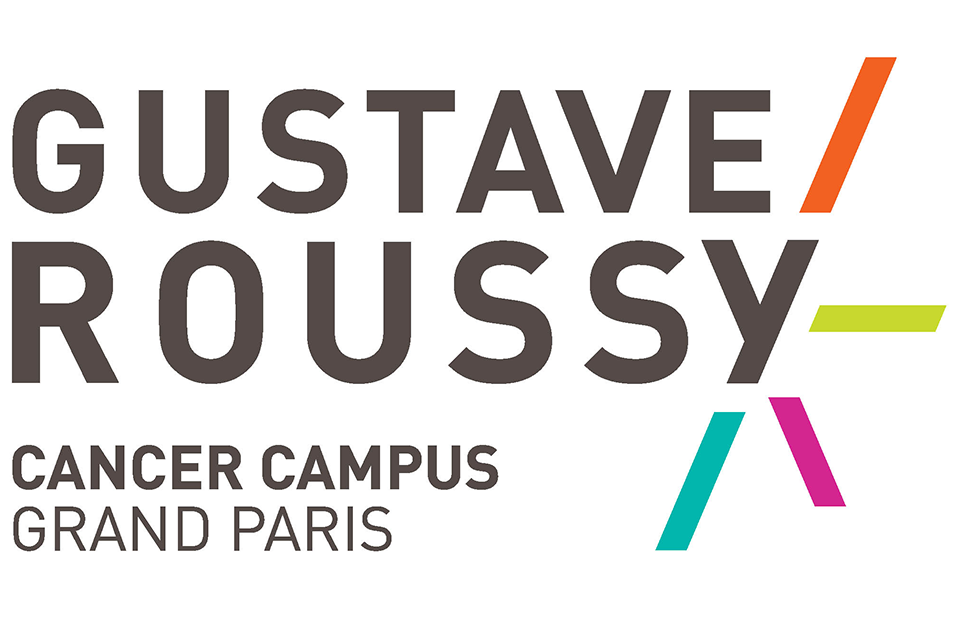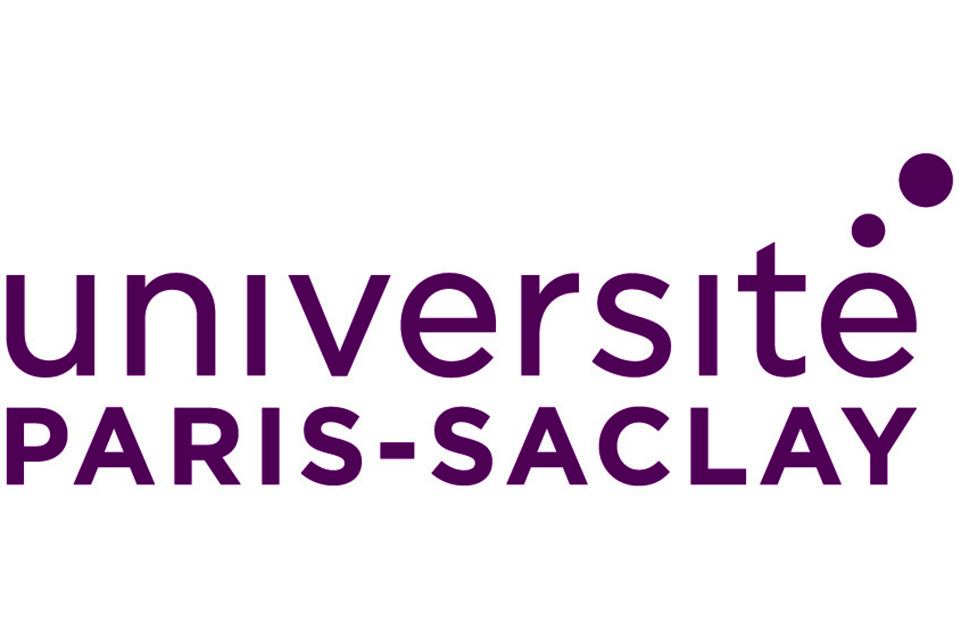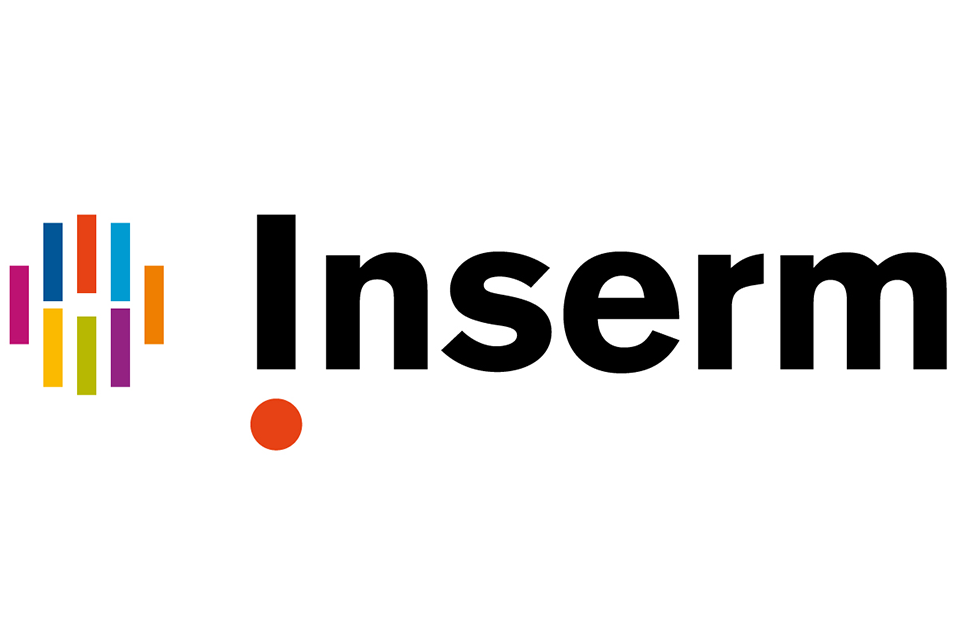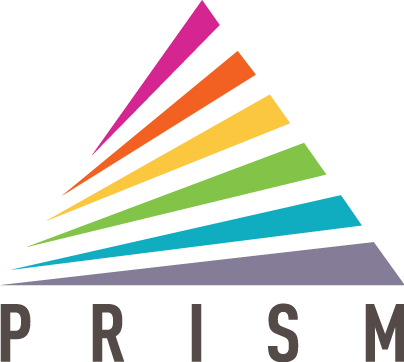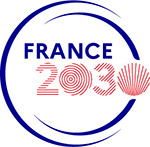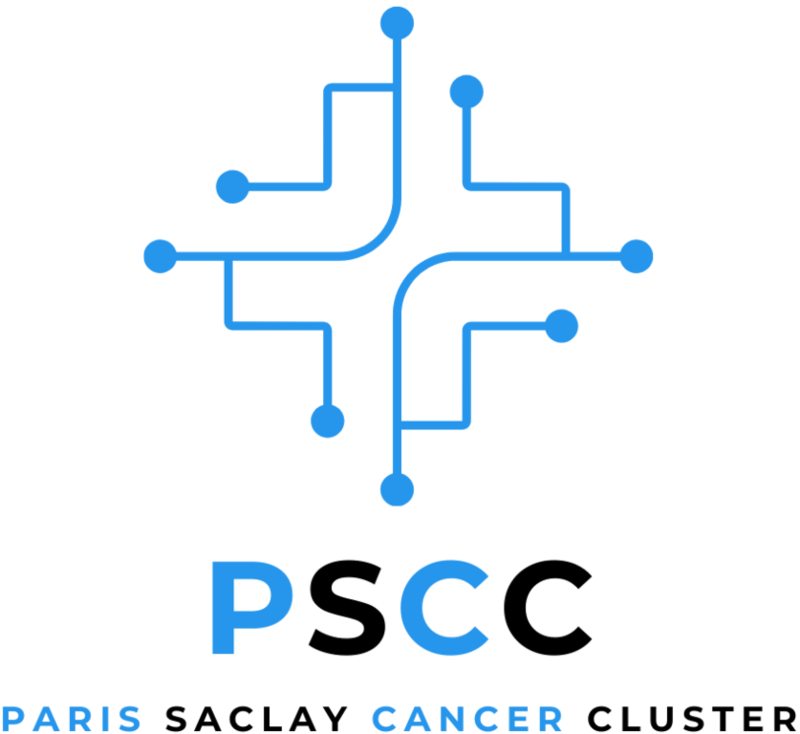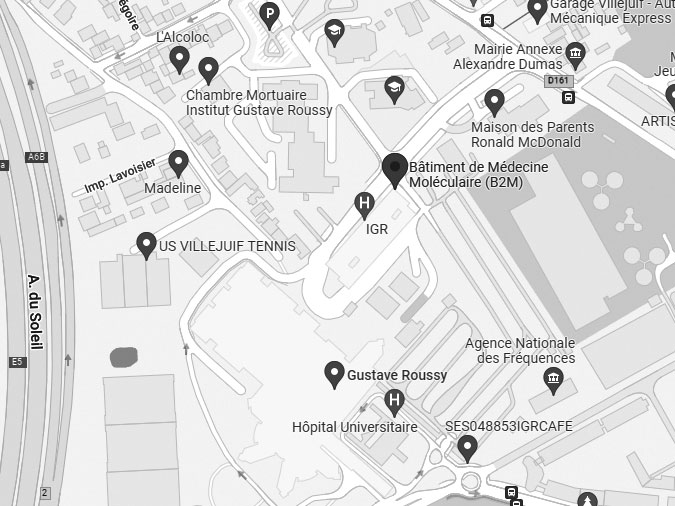Research projects
Research at Prism pursue two main objectives :
- Model cancer in each patient;
- Developp tools to detect hard-to-treat cancers as soon as possible in the disease course.
To model cancer biology in-silico thanks to molecular analyses.
The goal of this work package is to identify drivers of cancer progression thanks to large scale genomic analyses matched with drug efficacy. The Task builds on large volume of patients included in precision medicine trials of Gustave Roussy.
The meta-prism data base is now made of overs 1000 RNA seq and over 500 pairs of RNAseq and their matched WES.
The cancer genomics team lead by Sergey Nikolaev characterized the pan-cancer Meta-Prism cohort of 1031 refractory metastatic tumors. Whole-exome and transcriptome analysis showed transformed genomes compared to primary tumors in prostate bladder and pancreas and the identification of resistance biomarkers in lung and colon cancers. Additionally, the team also demonstrated that molecular markers improve six-month survival prediction, particularly in patients with advanced breast cancer. It also represents a proof of concept of Prism objective and vision. The paper is currently under revision in Nature Medicine.

Meta-Prism project leader : Sergey Nikolaev

Joana Ribeiro is the lead clinician for the POP-Durva trial.
To understand the determinants of tumor response to anti-PD1.
The POP-Durva trial is evaluating the hypothesis that immunotherapy (Durvalumab) initiated early in women with localized triple-negative breast cancer (not metastatic) could cure some of these women (20% complete response rate). This ambitious project is supporte by the ARC Foundation.

To model response to complex drugs.
Daisy trial is an another illustration and a proof-of-concept project about what Prism wants to deliver. In this project, after the clinical trial was performed, mechanisms of action of a new drug (Trastuzumab Deruxtecan) was deciphered thanks to the genomics and spatial biology labs of Prism. Datascientists generated a predictor of sensitivity based on AI applied to digital pathology.
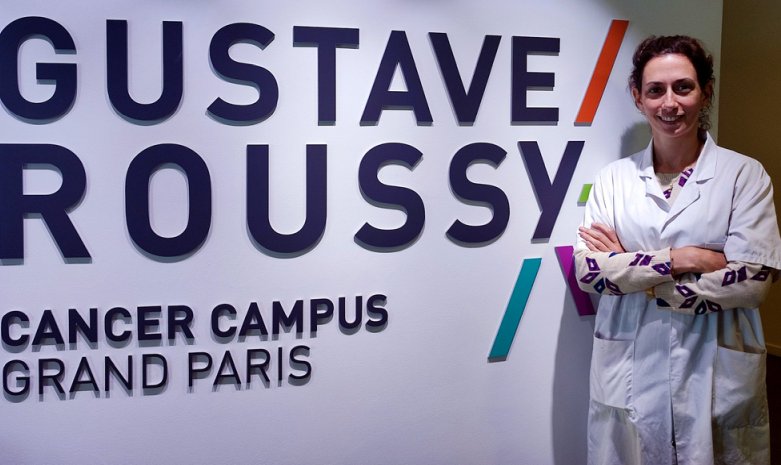
Fernanda Mosele
To develop tools for ex-vivo cancer modelling.
Cancer-derived organoids
Organoids are 3D multicellular structures derived from stem cells or tumour fragments. They have emerged as powerful tools in both fundamental research and translational and clinical research to model and treat patients.
Cancer-derived organoids (also called tumoroids) are versatile experimental models as they work with most carcinomas, they have high take on rate and long-term in vitro maintenance.
They are compatible with molecular analysis and functional studies (drug test, tumour progression, and invasion). Organoid biobanks allow recapitulating the inter- and intra-tumoral heterogeneity. They also represent a cost-effective collection of tumour avatars.
The project here will explore patient-derived organoids (PDOs) in high throughput functional testing to advance precision medicine.
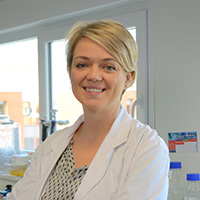
Project leader : Fanny Jaulin
Microfluidic device
There is a critical need for relevant in vitro functional assays to analyze tumor heterogeneity, invasiveness and resistance to evaluate new anticancer drugs. To provide clinically relevant results, an ex vivo assay must combine high throughput screening ability, appropriate 3D design mimicking the actual tumor microenvironment and microfluidic setting to provide sequential access to drugs and immune cells.
The group led by Pierre Savagner focuses on breast tumor luminal B (Lum B), a frequent subtype with poor prognosis, to develop a novel microdroplet-based high throughput microfluidic device supporting organoid growth in chambers including hundreds of individual wells, in collaboration with the start-up Okomera. Ultimately the testing will include primary tumor, stroma and immune cells from patients, along a clinical trial in the coming year.
This method will be primarily developed to provide preclinical testing for personalized therapy, in direct collaboration with Gustave Roussy clinicians. It also defines a powerful screening tool for novel compounds targeting resistance and immune response.
To identify patients with hard-to-treat disease as soon as possible in the disease course.
Numeric vision analyses quantify multiple types of signals from different origins and can model the architecture linking all the signals. We are developing methods in numeric vision analyses and artificial intelligence to interpret molecular pathology in breast cancer, prostate cancer and lung cancer. This will enable us to integrate tumour architecture with intensity of immunostainings in a single predictor. We are developing this method to predict which patients with early-stage breast cancer will relapse (n=2 000). The approach in patients with prostate cancers (n=2 000) is conducted to identify prostate cancer with aggressive features (e.g., neuroendocrine-like features) that progress early on initial therapy.
This approach is also applied in patients with lung cancer treated with immunotherapeutics (n=1000). The deliverables are device to predict outcomes in three different disease, together with identification of intra-tumoral area that are associated with relapse.

Hugues Talbot is head of numeric vision team
Integration
Spatial-analysis
Multi-omics data and molecular pathology for survival prediction in local lung cancer
Cancer treatment-related toxicities
The work package is led by Dr Ines Vaz Luis.
One of the axis is looking at proteomics and CHIP data for cancer toxicities predicition.

Project leader: Ines Vaz Luis
To structure, secure and share the data
This work package, led by Marc Deloger, is developping a data warehouse (ODIN for Immunology and genomic data organization) that includes all genomic and molecular data generated at GRCC including a variant interpretation portal that supports all type of data (CNV, Fusions, Panels, aCGH….), connectors between all data source dispatched throughout the institute.
The team is also working on a Prism-cBioPortal showcasing new datatypes (single-cell, epigenomics, metagenomics…).
Data generated with trials promoted by Unicancer will also be connected to the data warehouse including a Unicancer-cBioPortal.
In addition, Prism is sharing data through GENIE database of the American Association of Cancer Research. We will also be participating in the Cancer Core Europe database.

Project leader: Marc Deloger
Prism is a one-of-a kind partnership between
